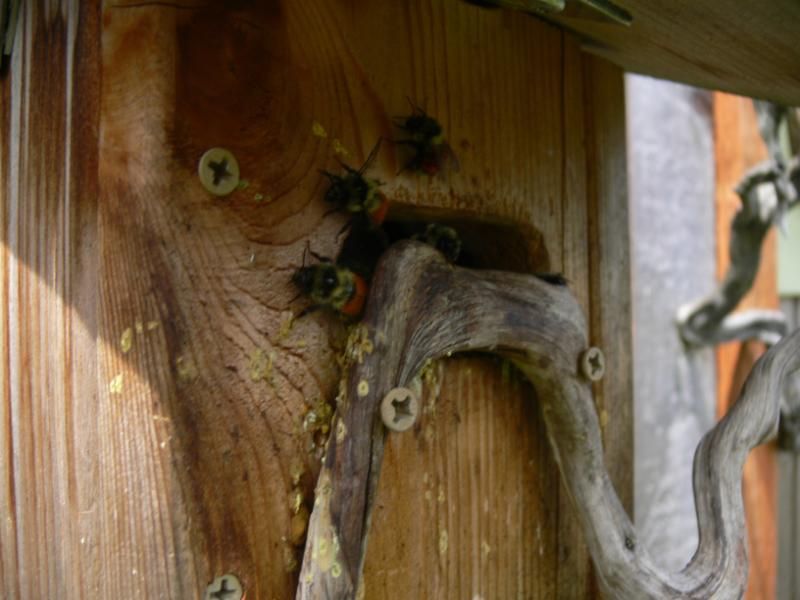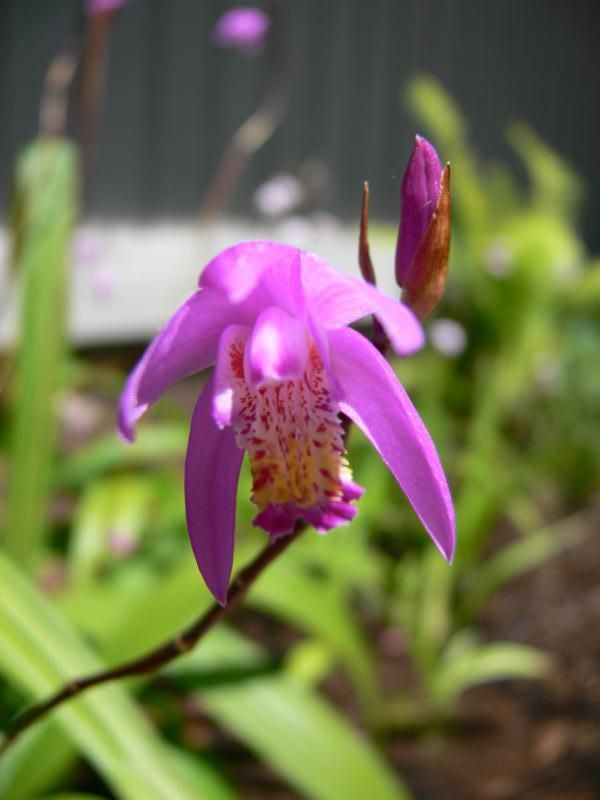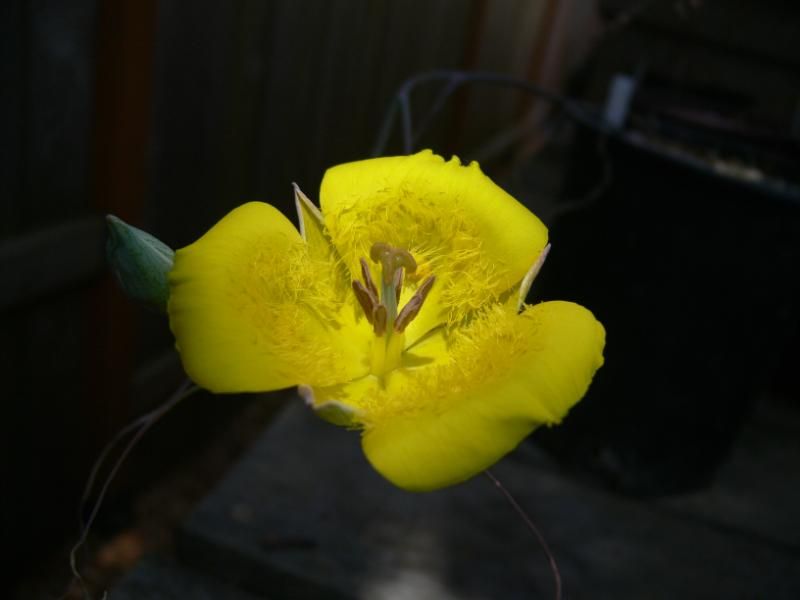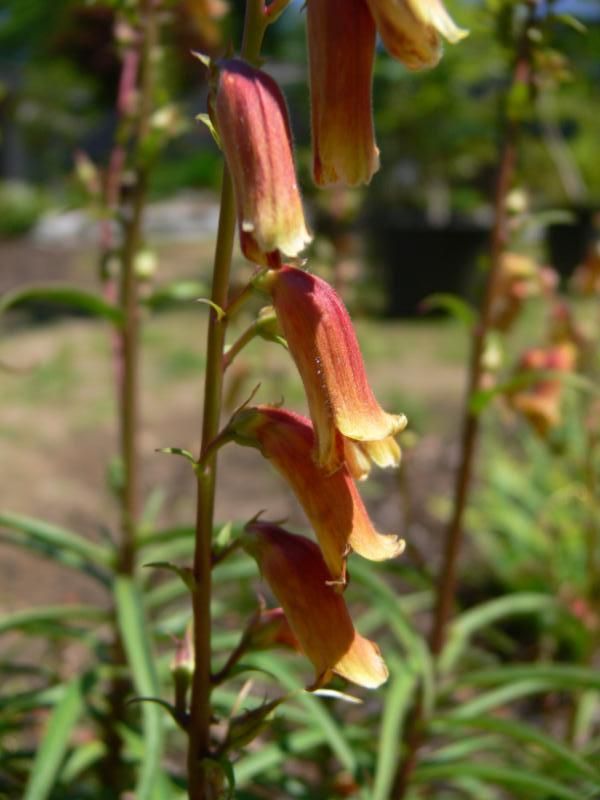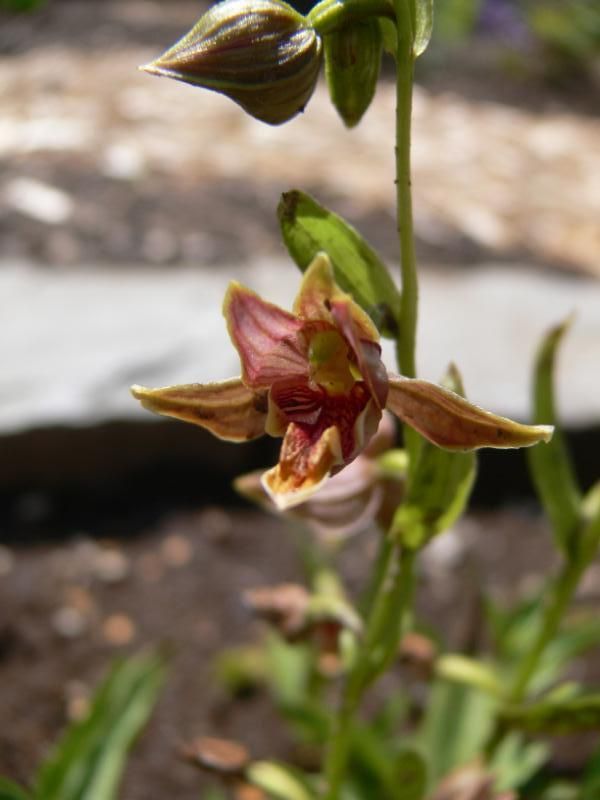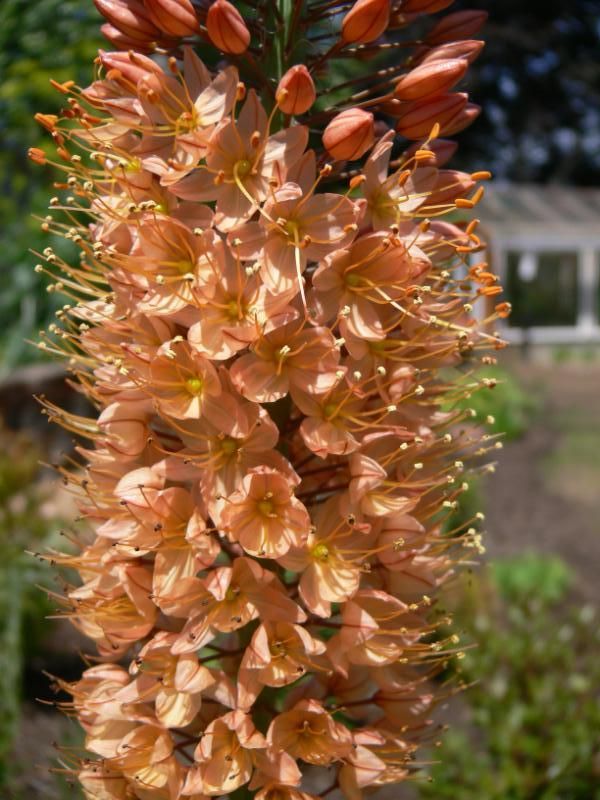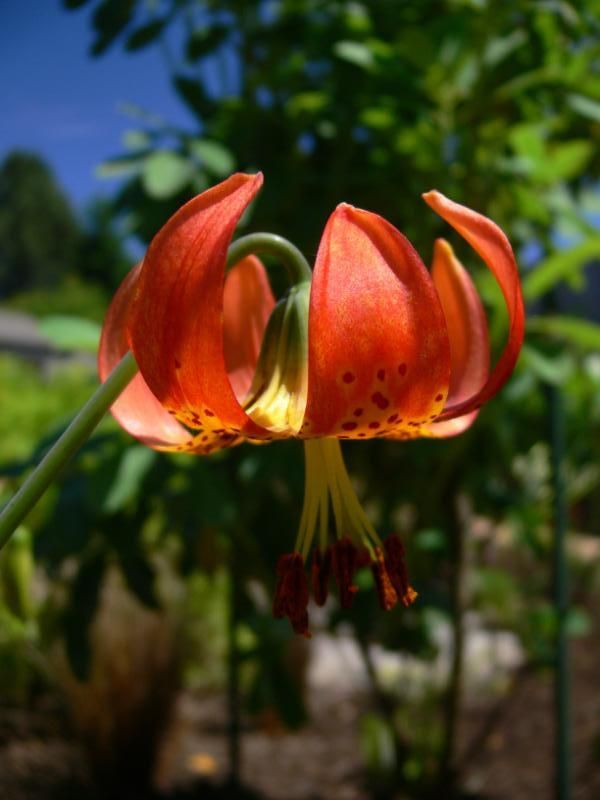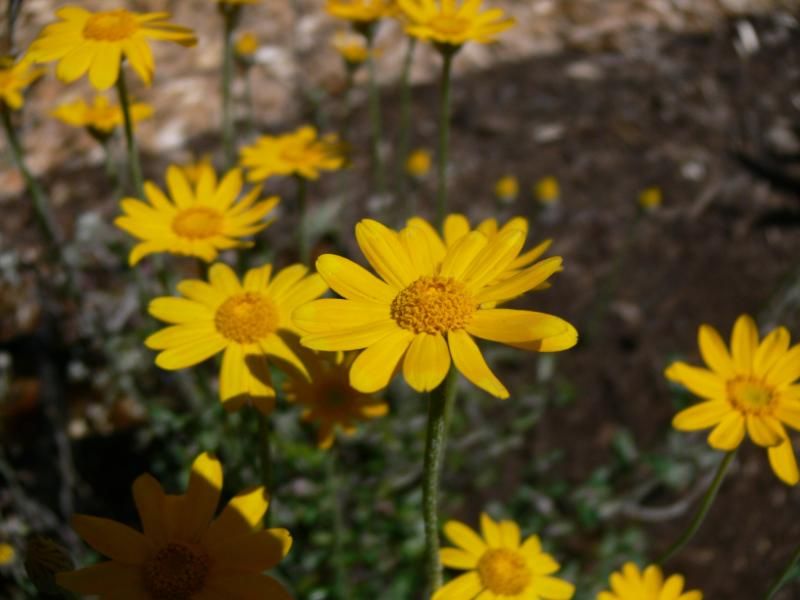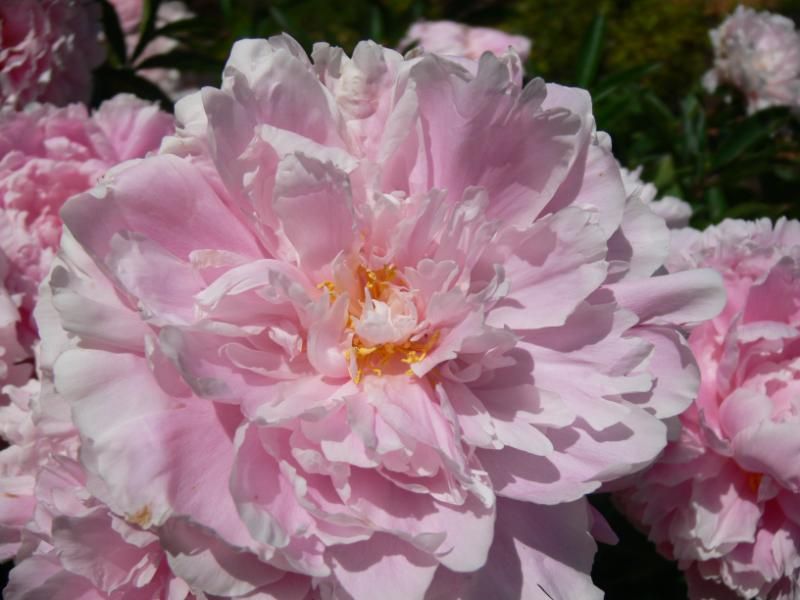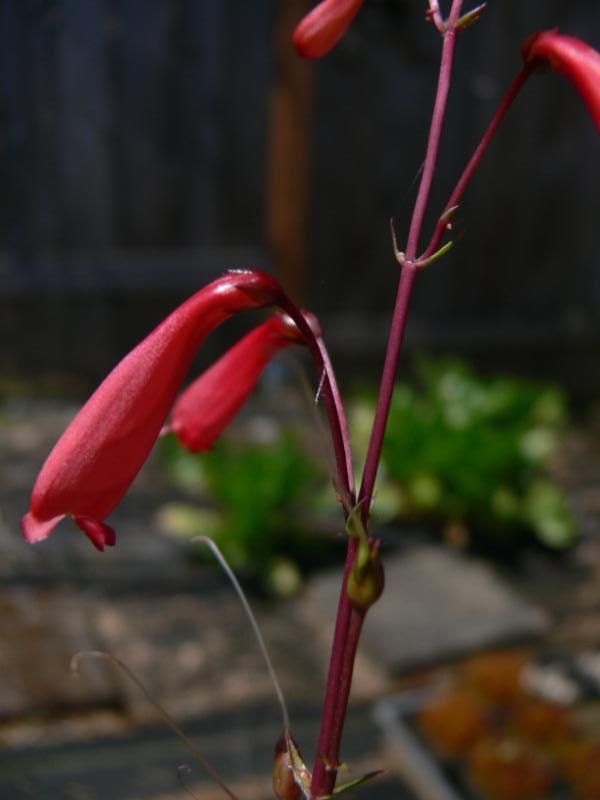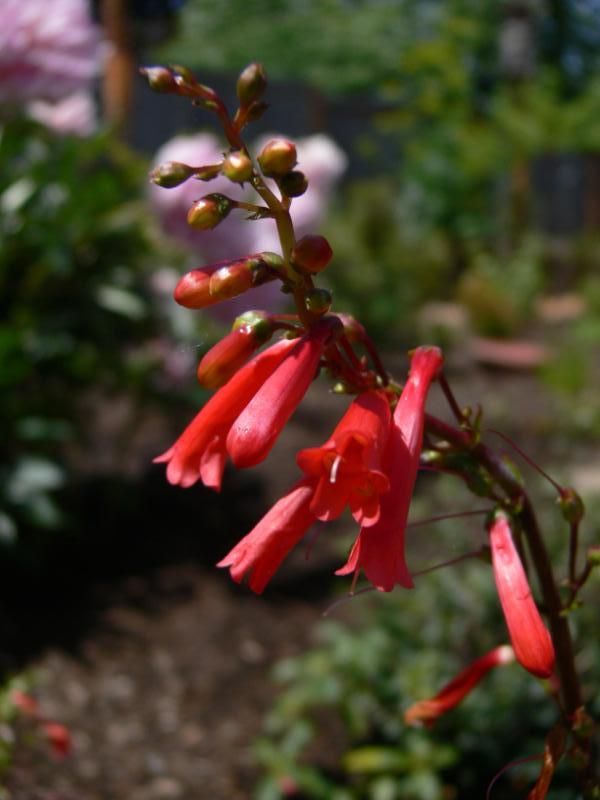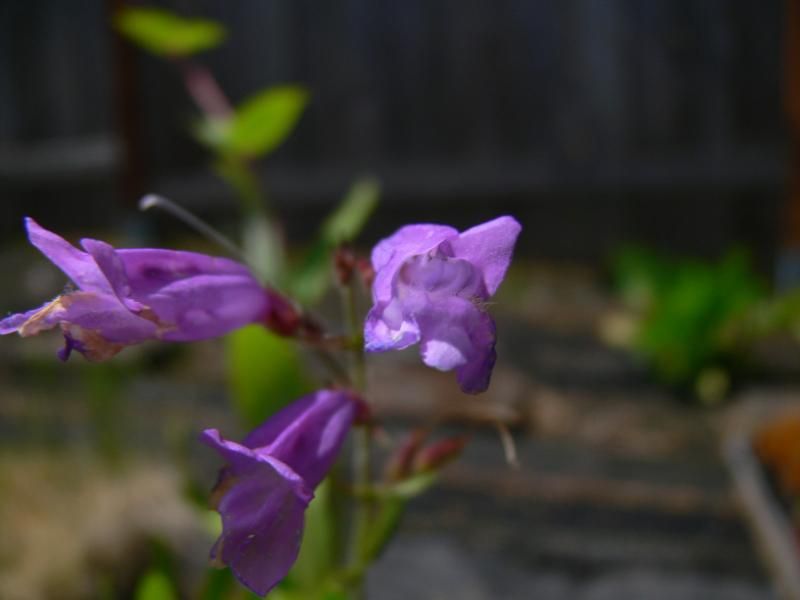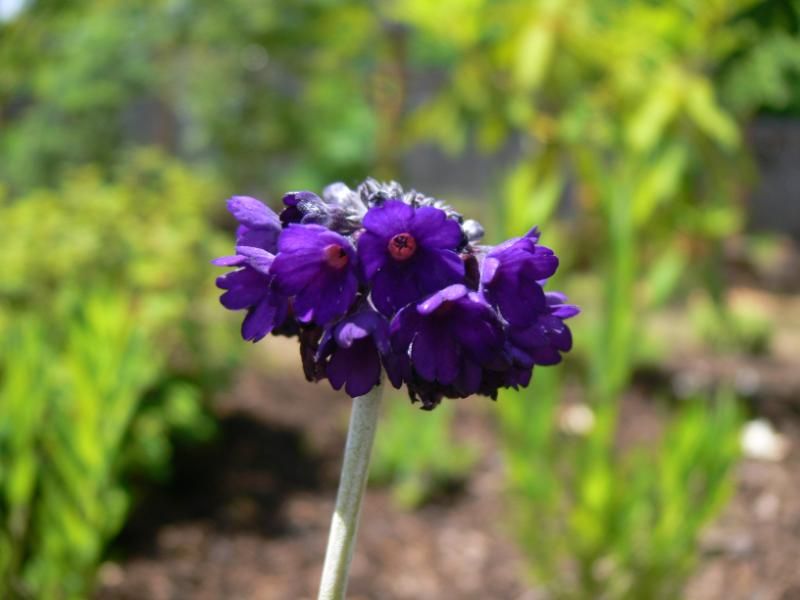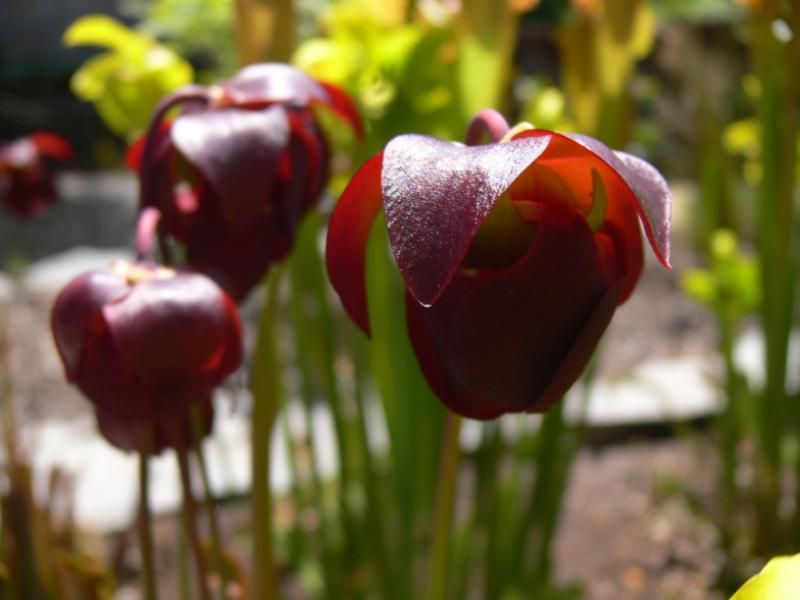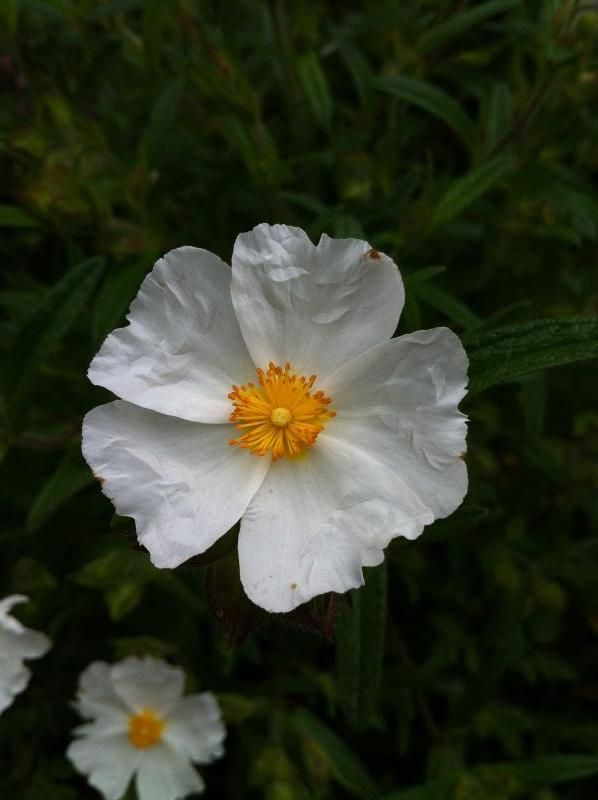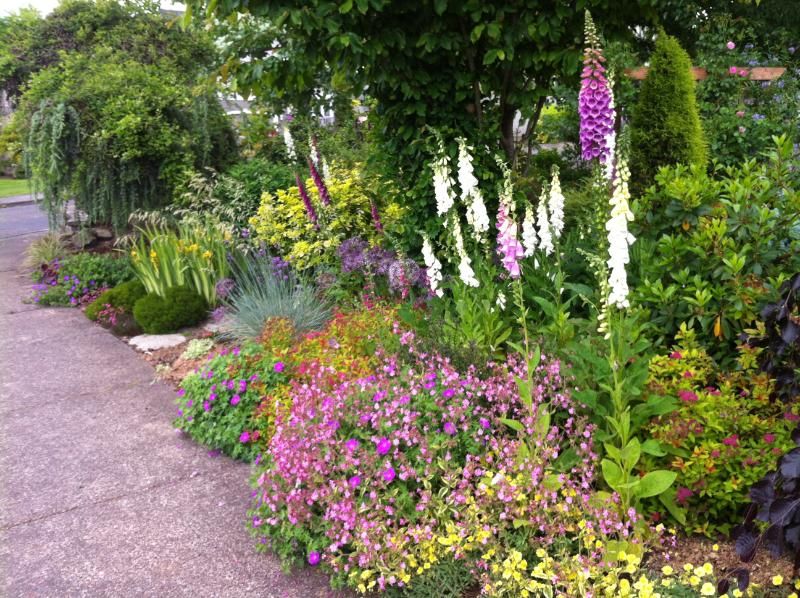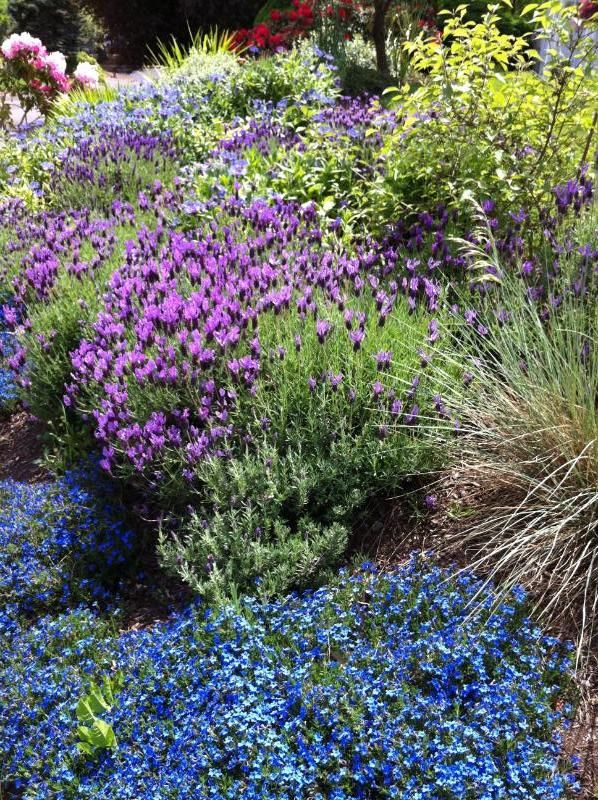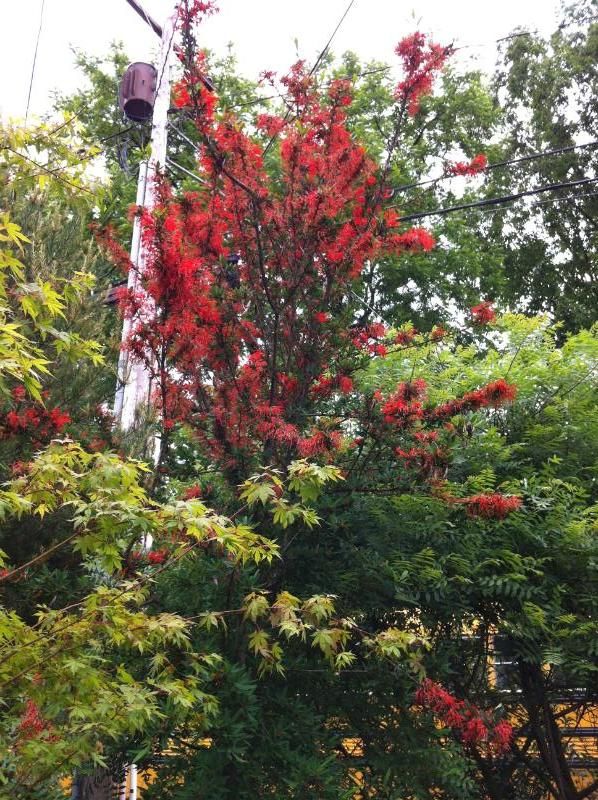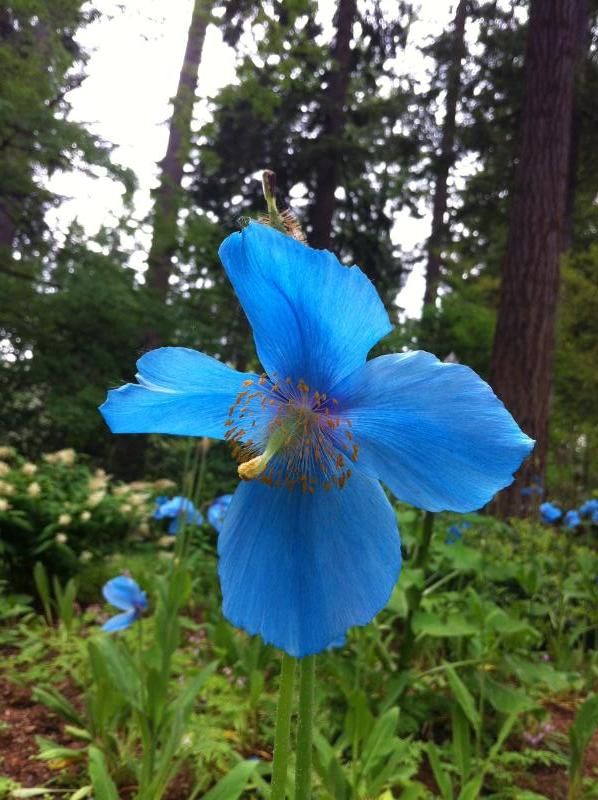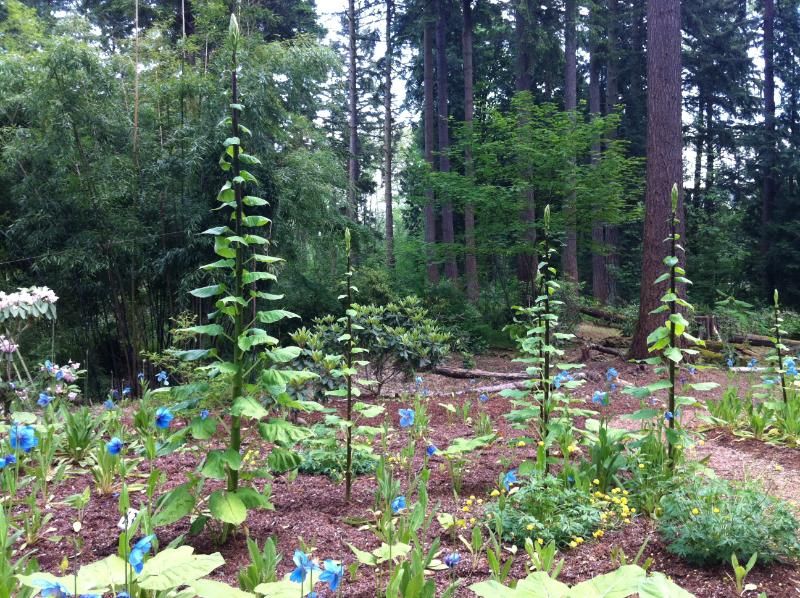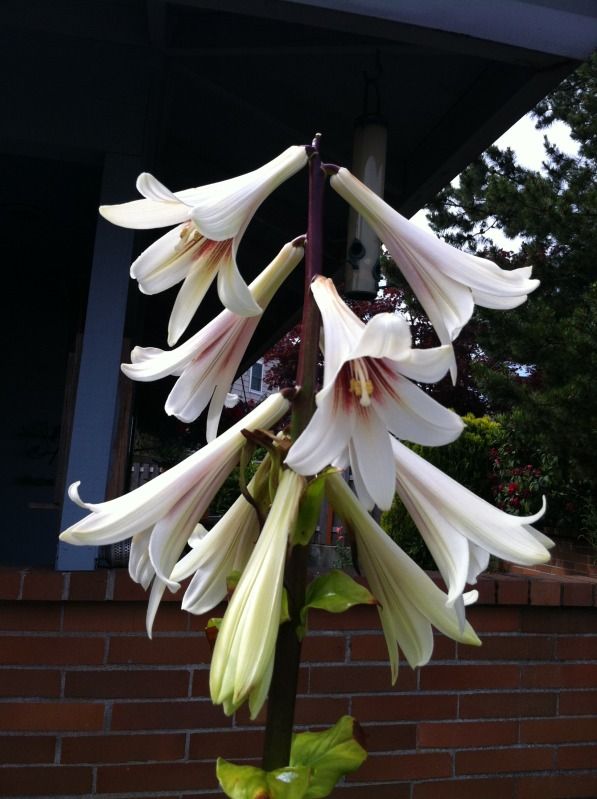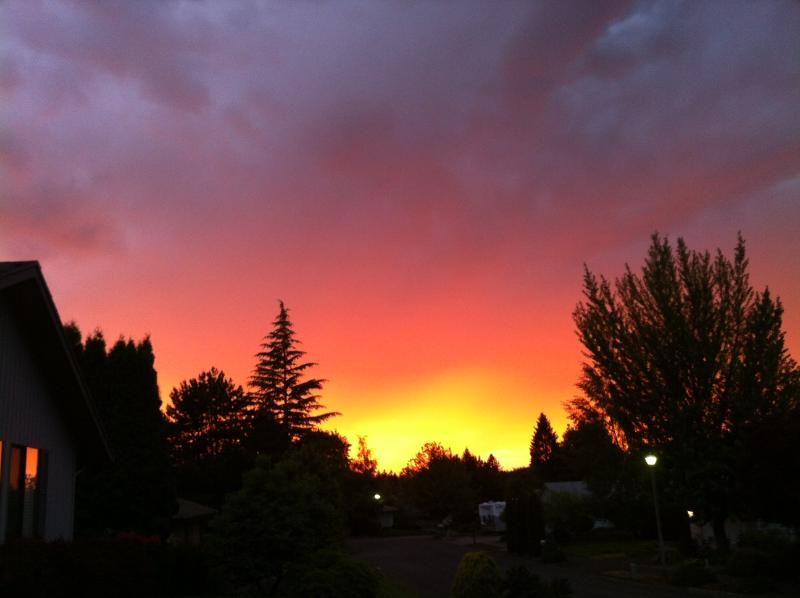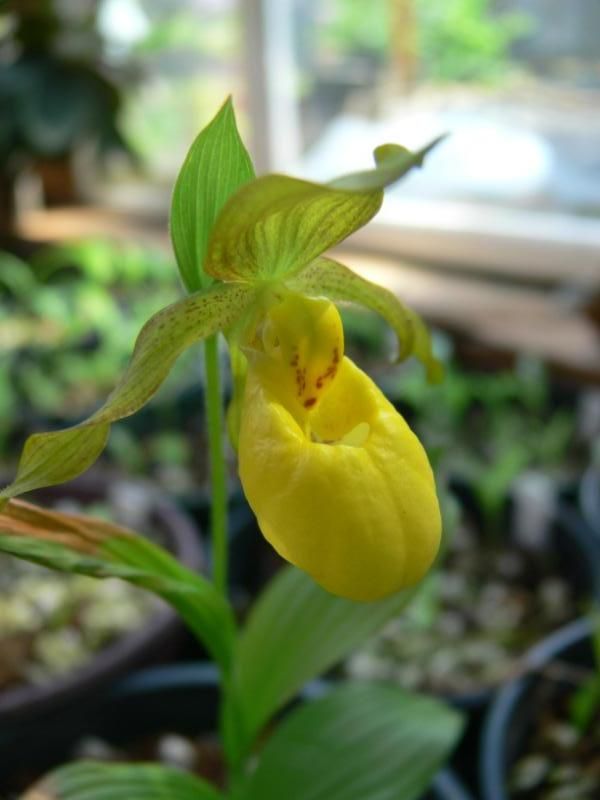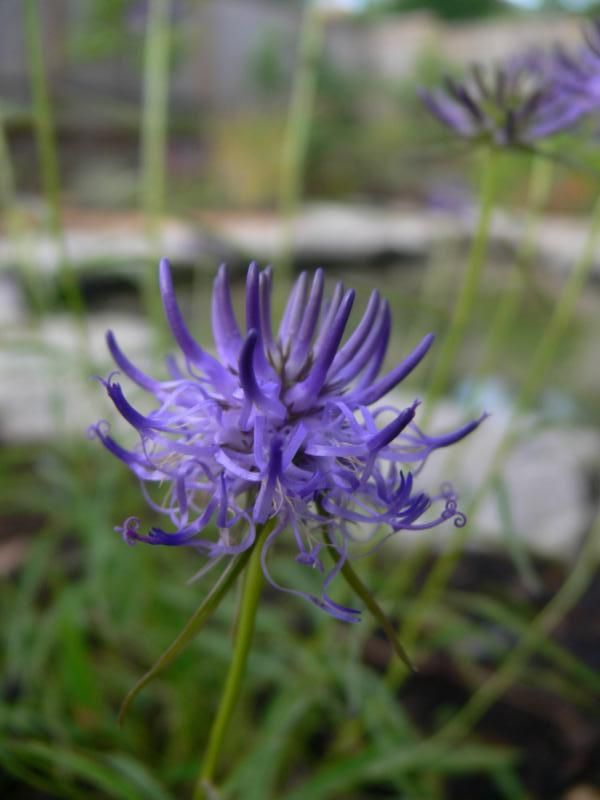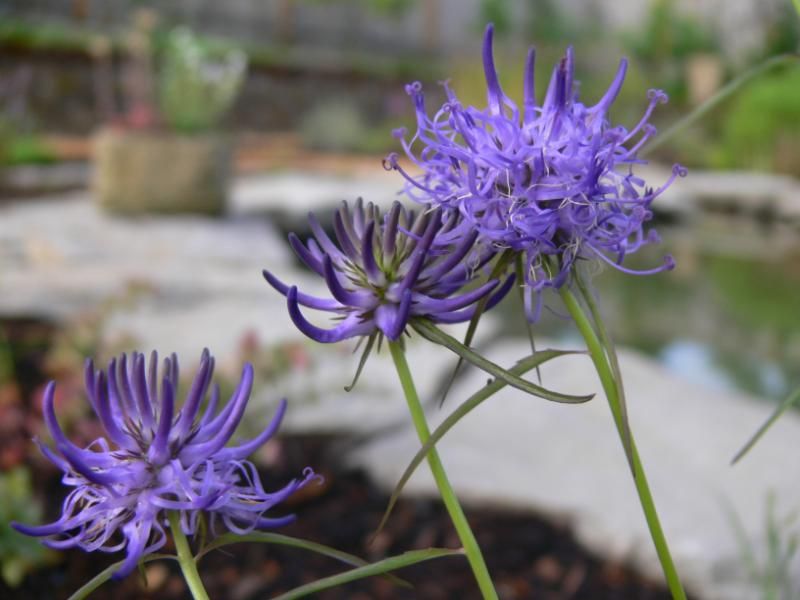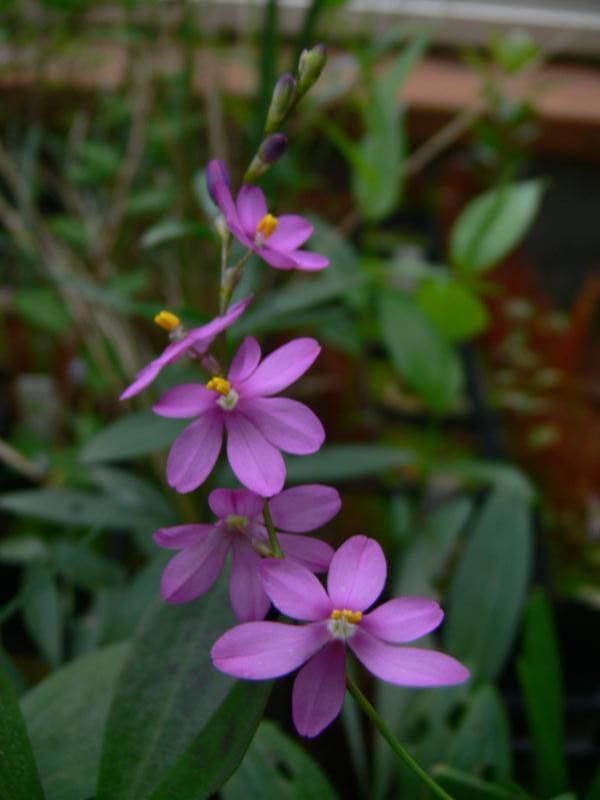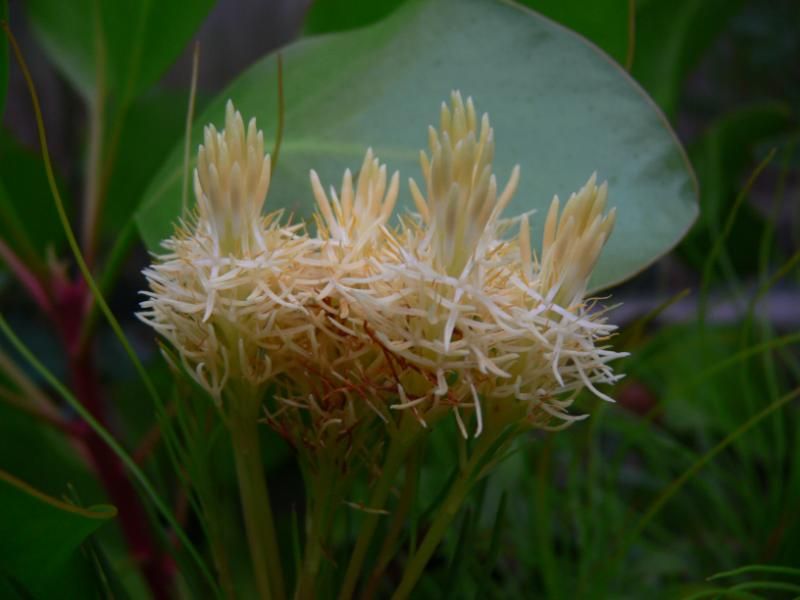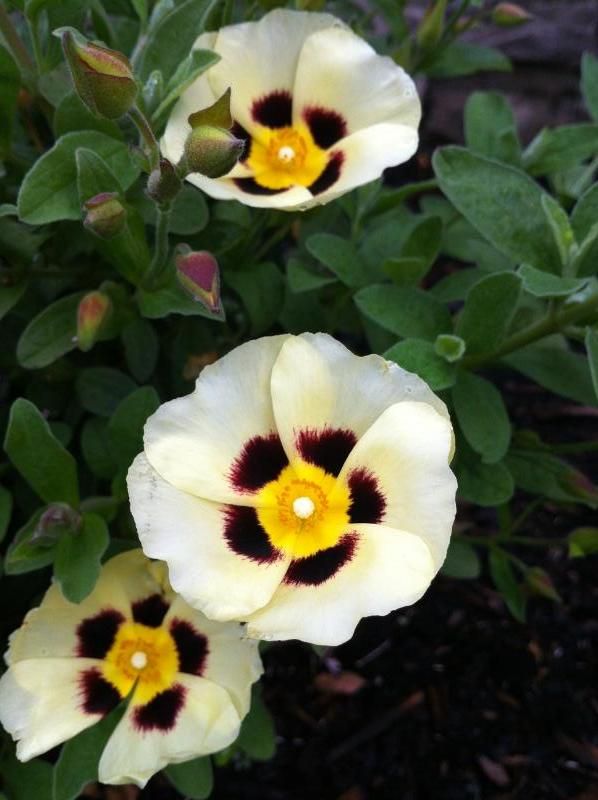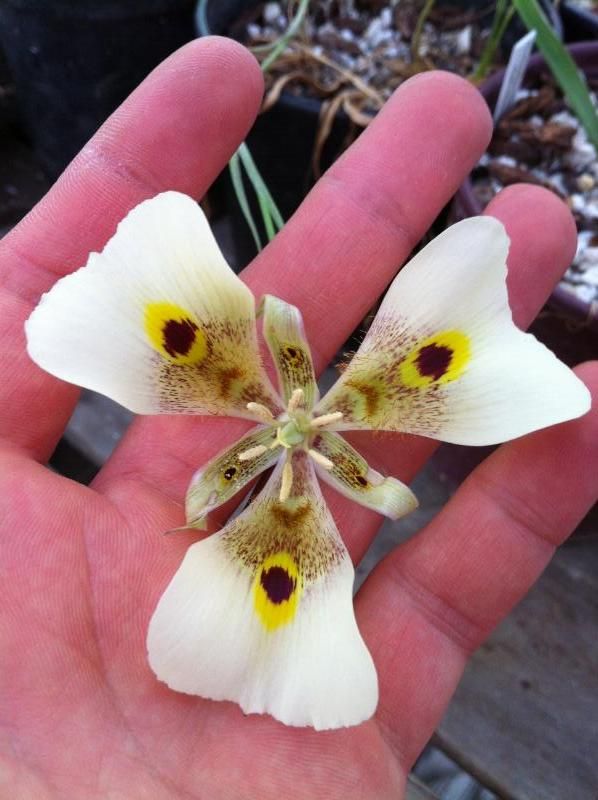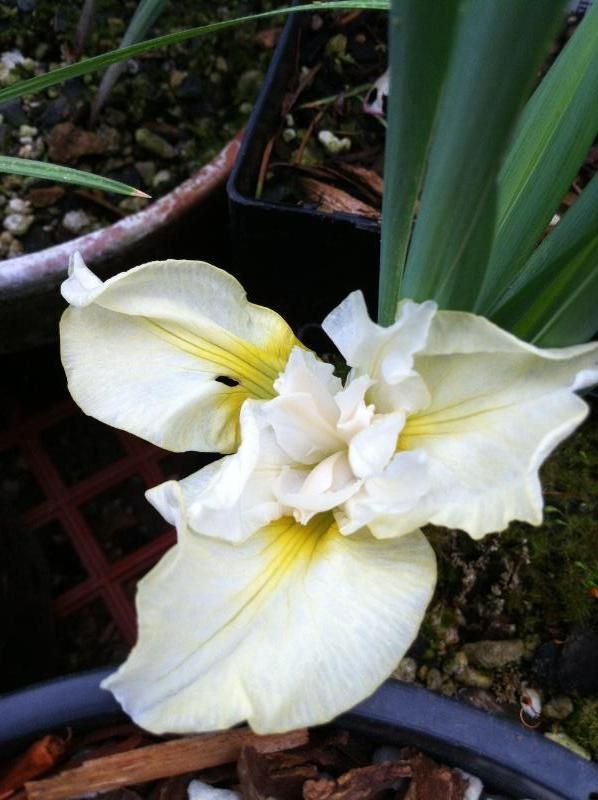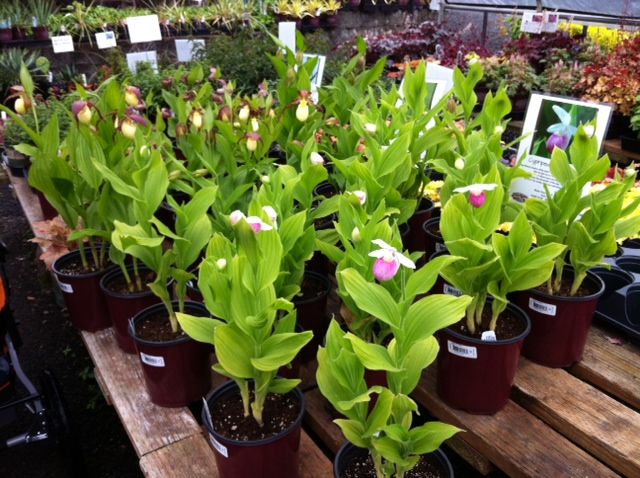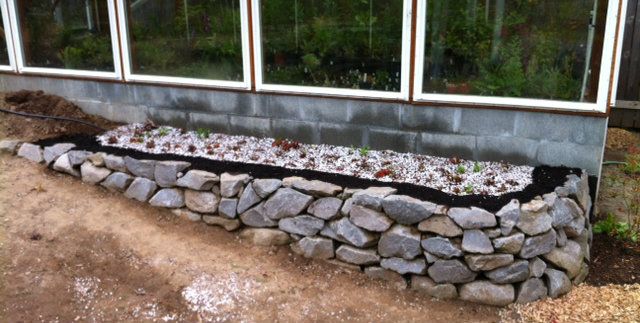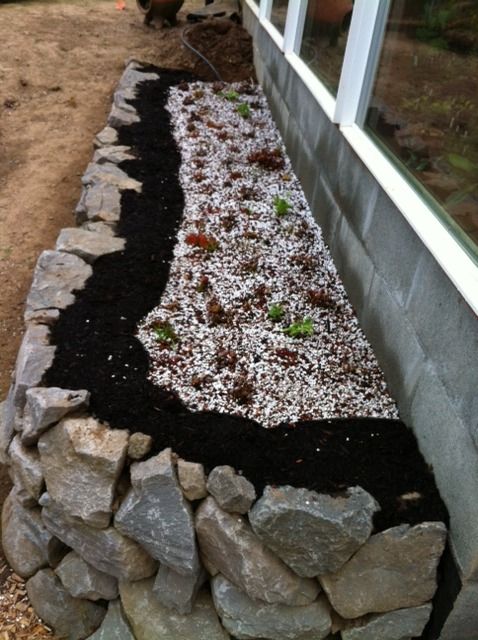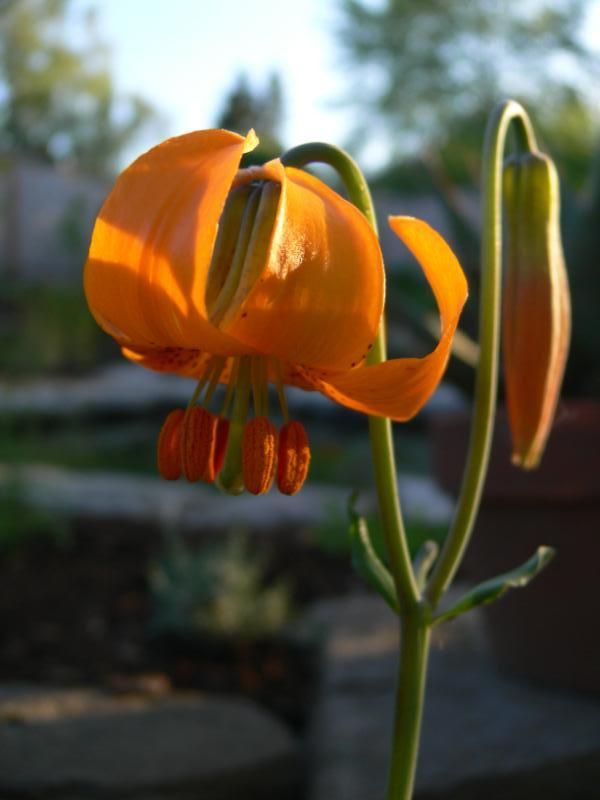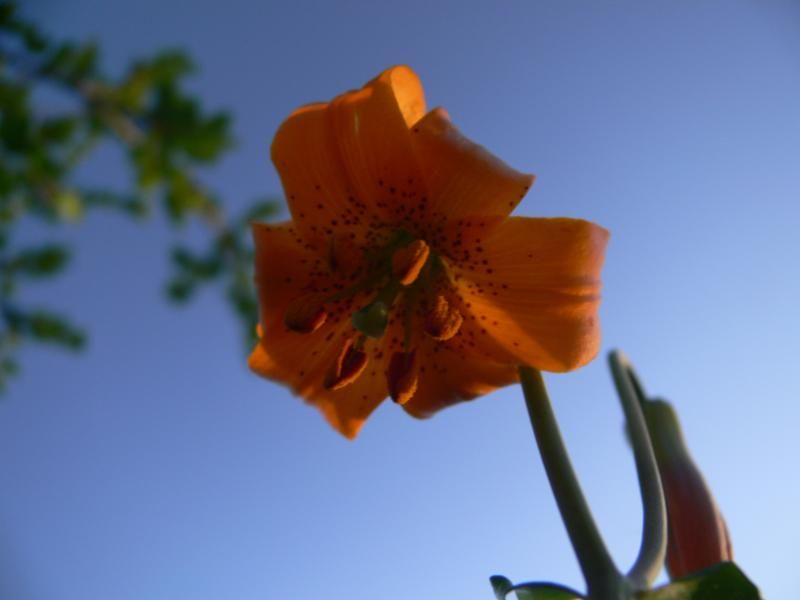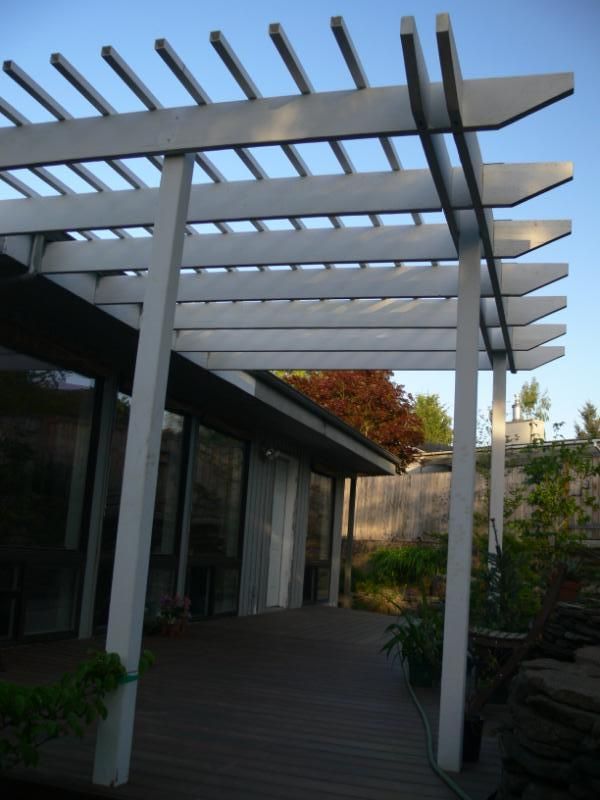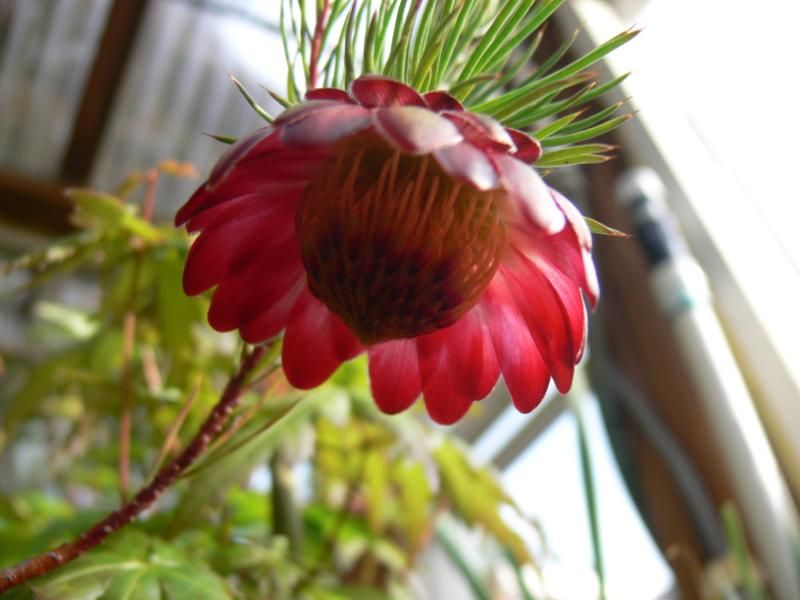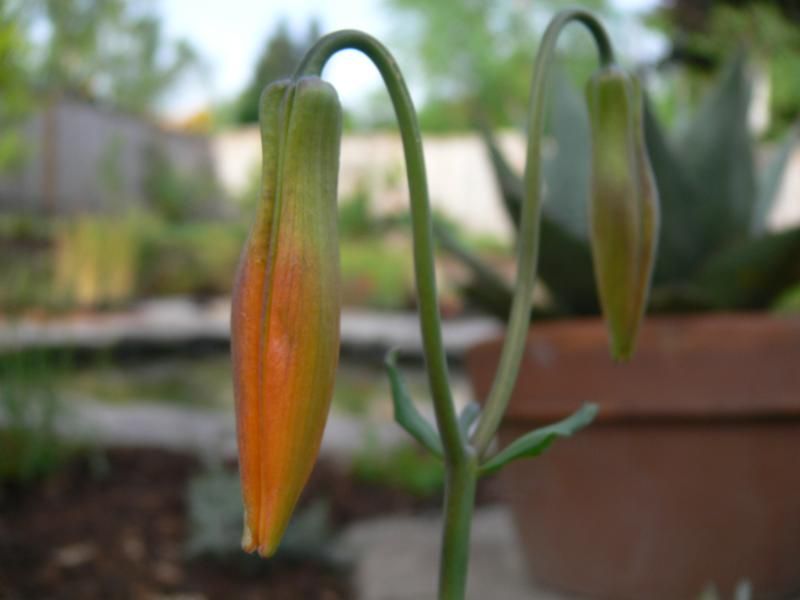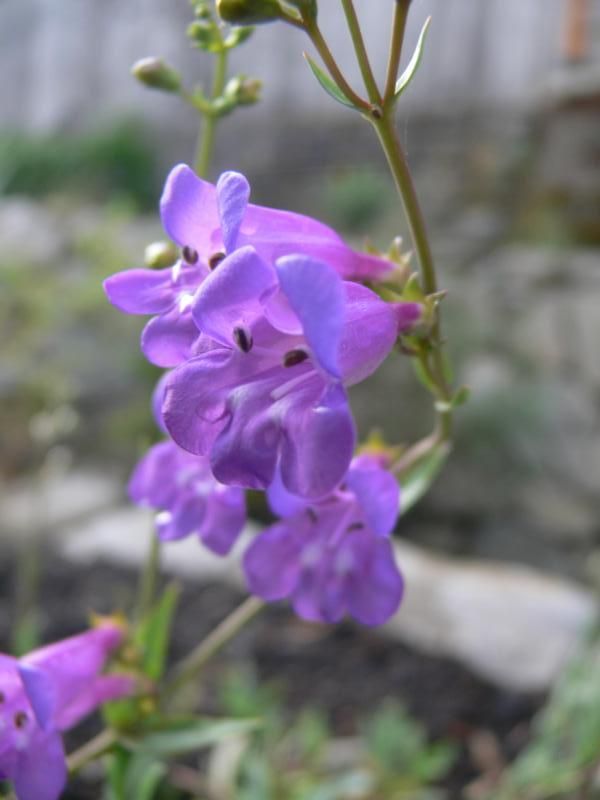Got several things blooming now that the heat is out (despite my requests to put the heat back in the box for another couple months... I was perfectly happy with 72F days).
I'm not really that knowledgeable about our native Irises. I also think that the plural of Iris should be Irii. Anyway, I'm a bad gardener and collected seeds and then lost the original tag... so this is the first flower of some seed I grew probably from somewhere around Mt Hood probably 3 or 4 years ago, probably Iris tenax or douglasiana. It's pretty one way or another.
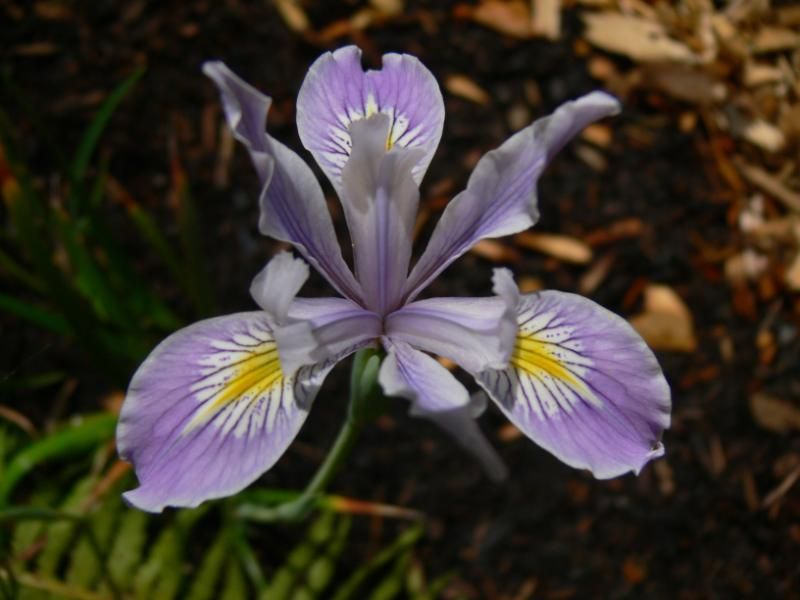
My Callistemon viridiflorus that I got from Jeffery Allen a few years ago. The leaves are prickly but the flowers are very soft. This is supposed to be hardy to 10F and will get planted in the South Africa/Australia garden when that exists.
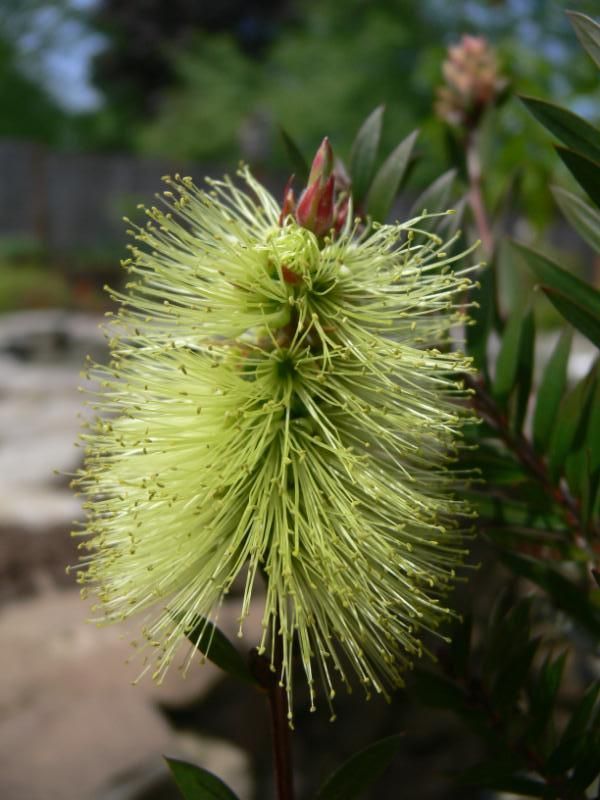
A new Gardenia 'Chuck Hayes' is opening. Smells great.
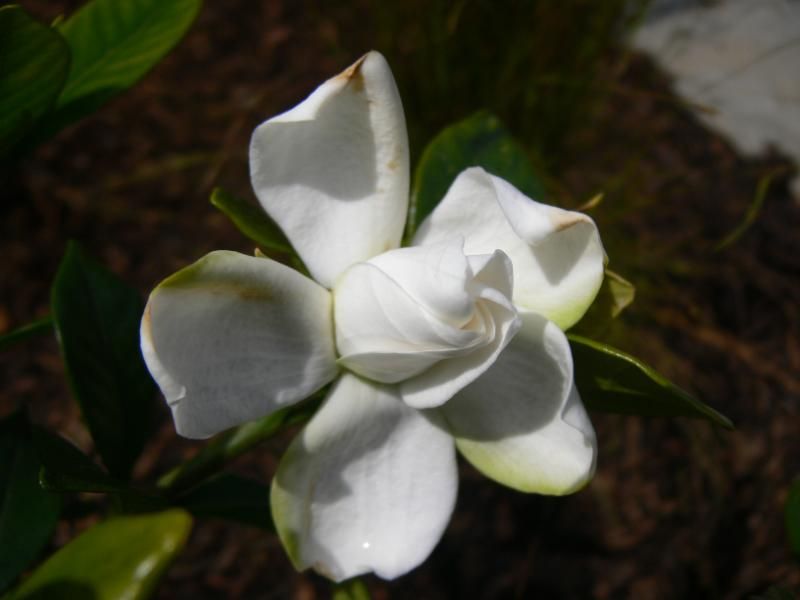
New thing for the garden that I finally found abundant this year at the nurseries. Crinodendron hookerianum. Cool dangling red bell flowers from the Himalayas. Supposed to be semi hardy here in Portland and doesn't do well with the non-draining clay soil, so I planted it under the eve to provide extra warmth and keep away the flood.
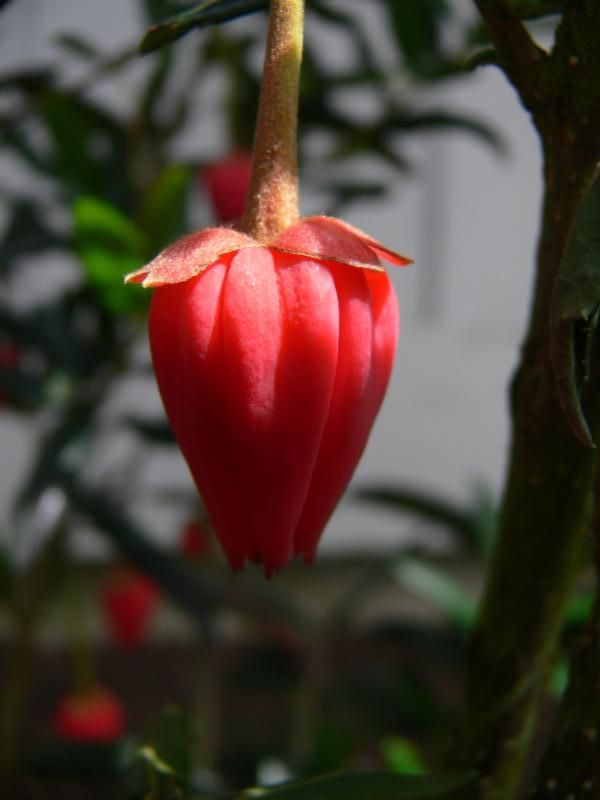
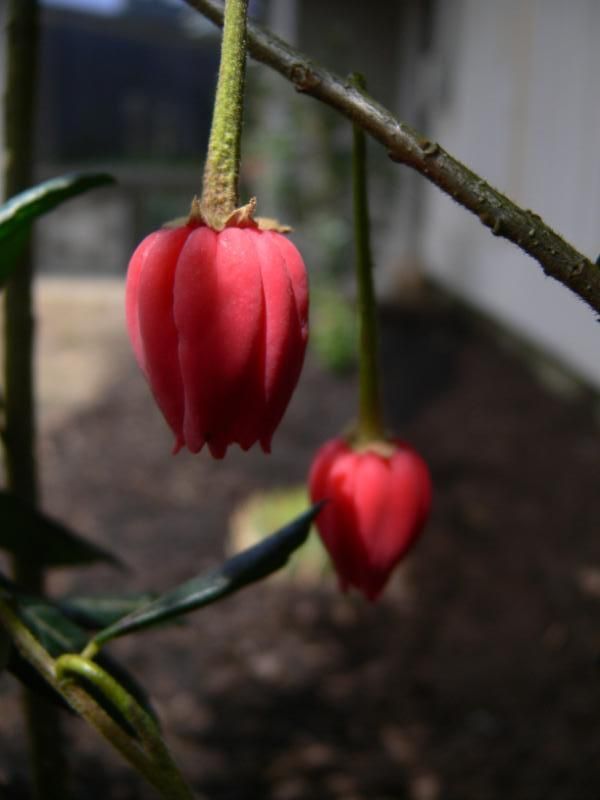
Lewisia cotyledon is still blooming. These are seedlings from 2010.
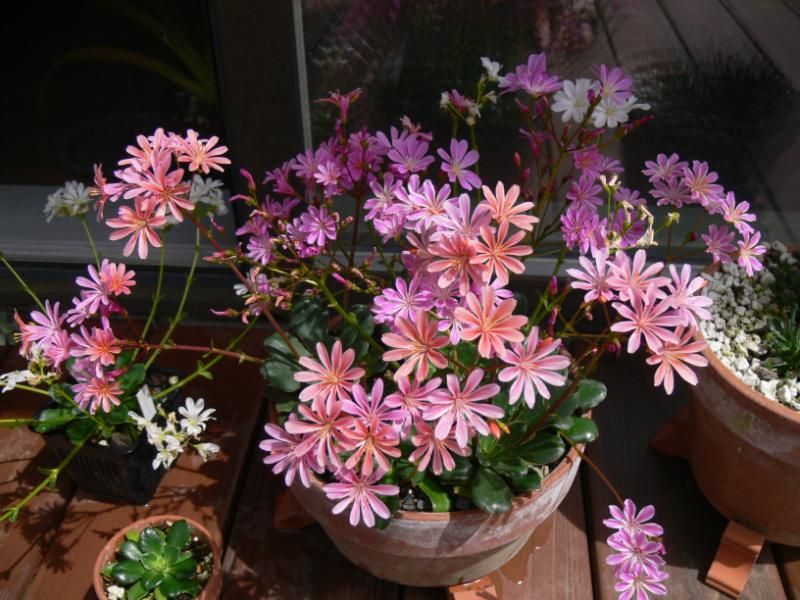
A little Loropetalum chinense.
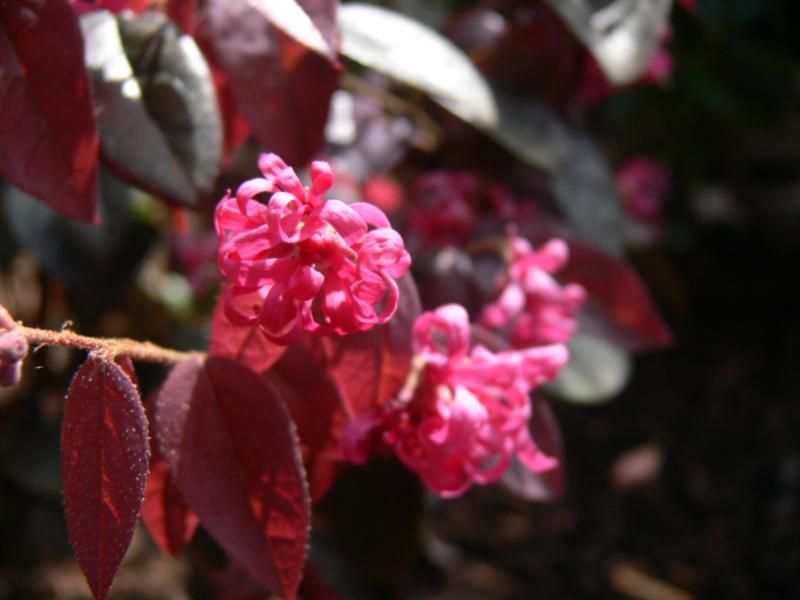
Sarracenia flava opening a full month later than those that grow in the South. In the brand new bog. I no longer have to worry about the water saucer running dry! That's a load off.
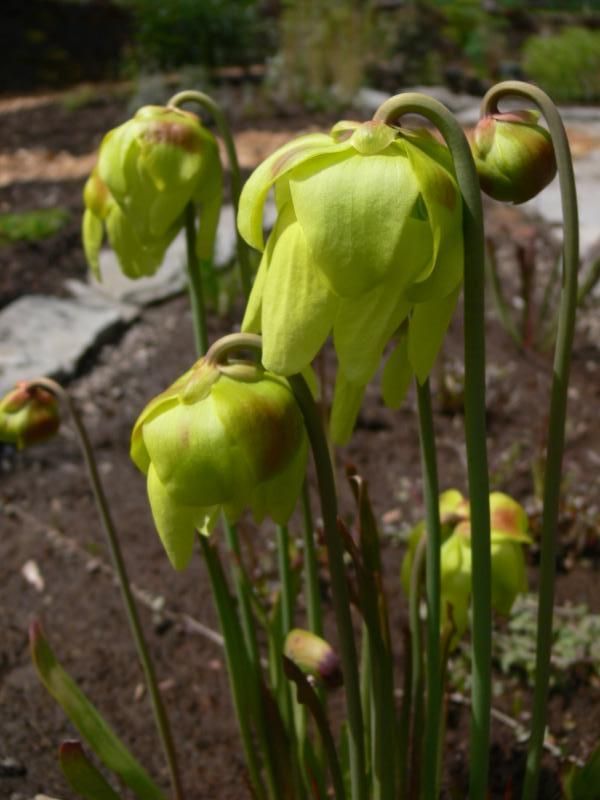
A new Rhodododendron 'Emily Allison' that I got at the Crystal Springs Rhododendron Garden Mother's Day sale. It has a good fragrance, very sweet without being spicy, especially after the flowers have fully opened. This thing will probably smell up the whole yard once it has 50 flower heads.
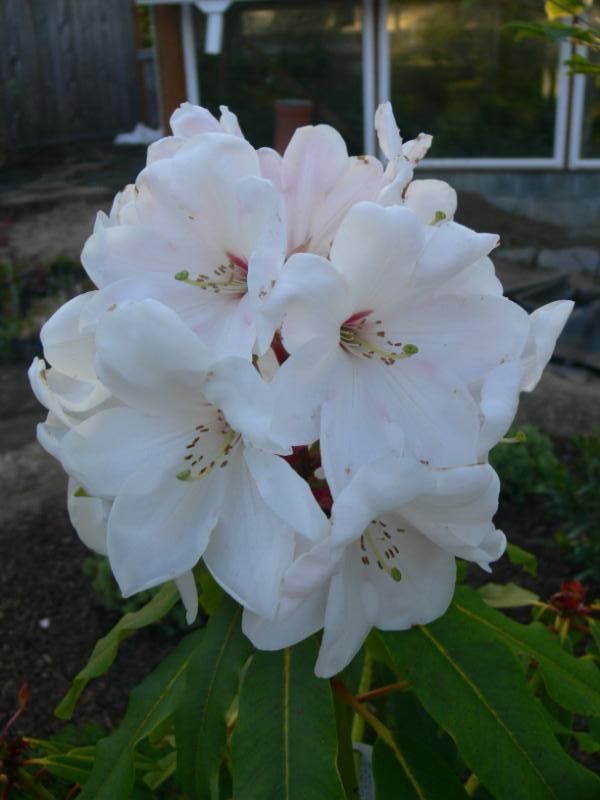
We are going to have so many strawberries this year... Bring a bucket over.

Thalictrum aquilegifolium blooming. It's not the prettiest plant, but it goes well in between a bunch of other compact and dense foliage plants.
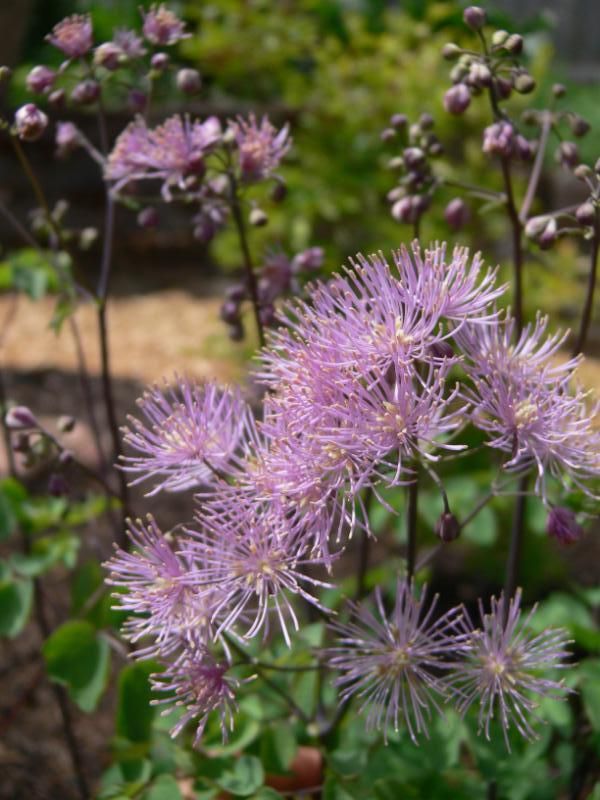
While I was out looking at the strawberries, which were originally called Strew Berries because their runners were strewn all about the place, I heard quite a loud buzz. Some nice California Bumble Bees have taken up residence in one of our birdhouses. Pretty cute. They usually only have a population of 50 or fewer bees and form rudimentary combs. The bees all take care of the queen until the fall when they all abandon her to start their own colonies and she dies, if I recall that sad story correctly. Bumble bees are far less aggressive than other bees (besides, perhaps, Mason bees) and pollinate a bigger variety of species. They just don't produce human-usable quantities of honey.
